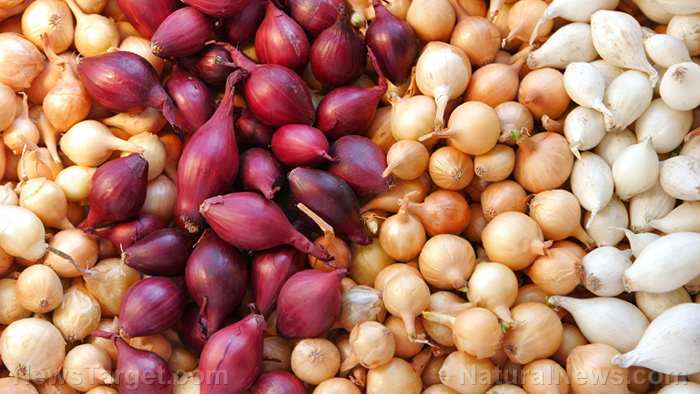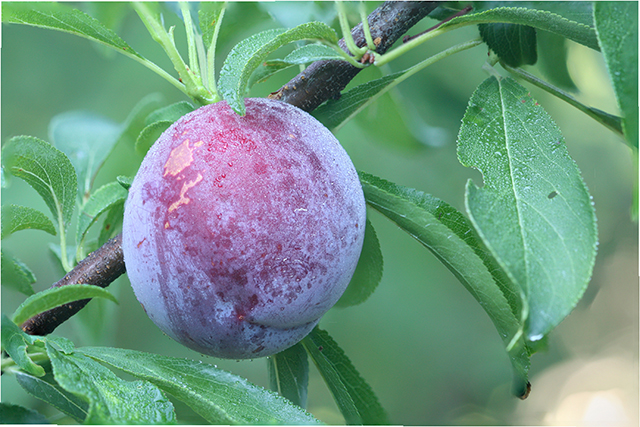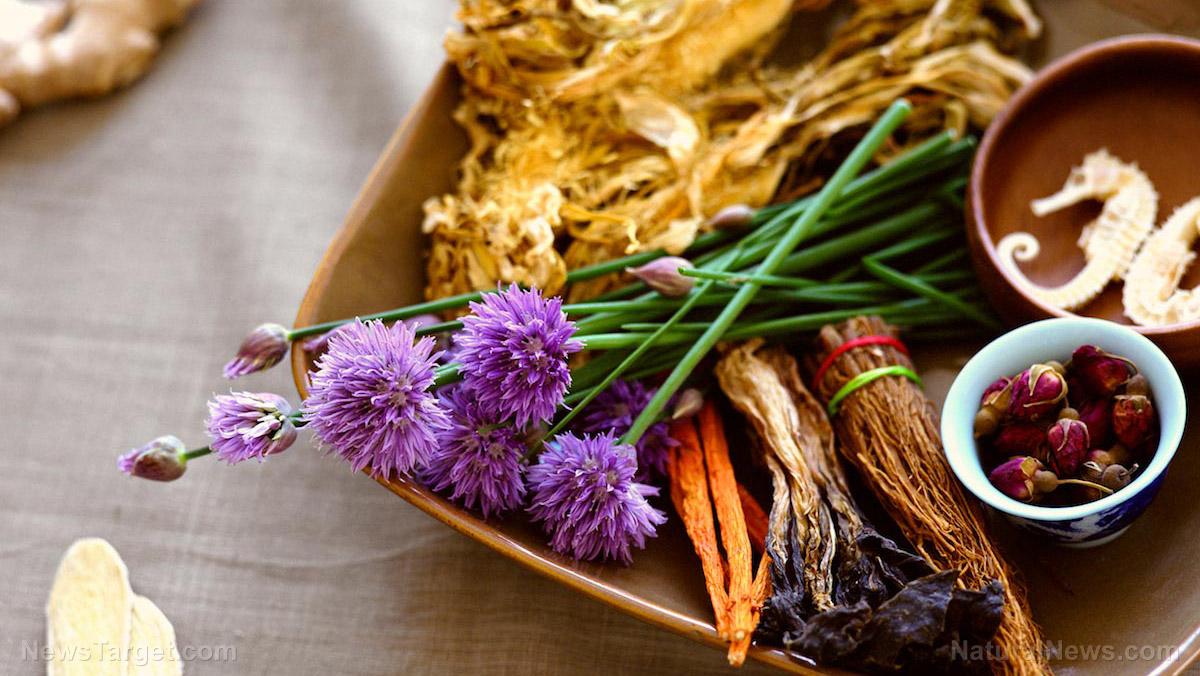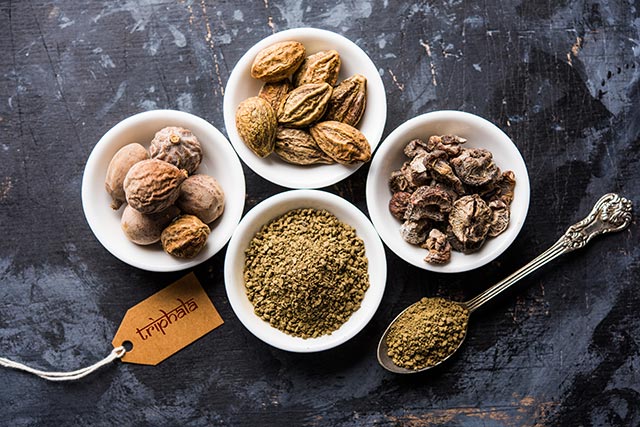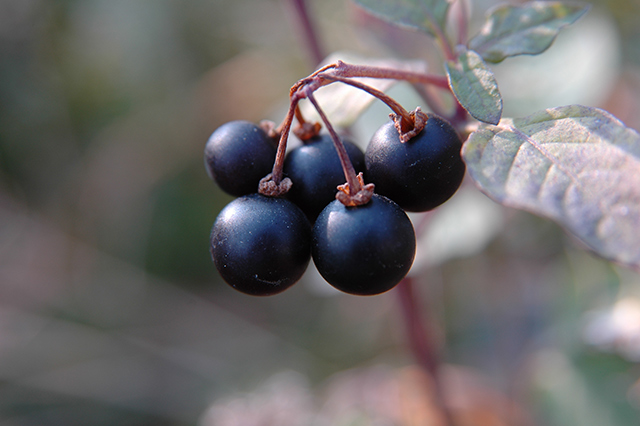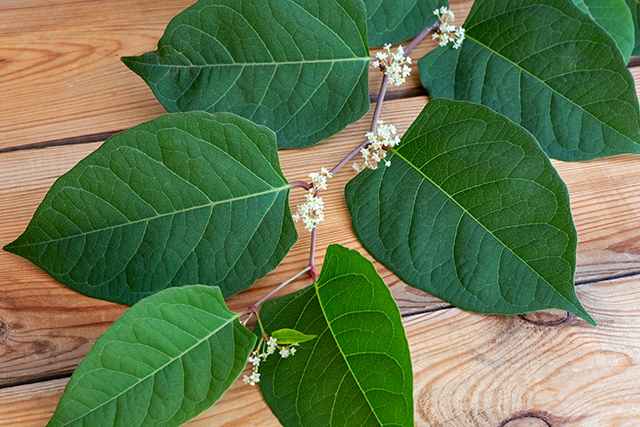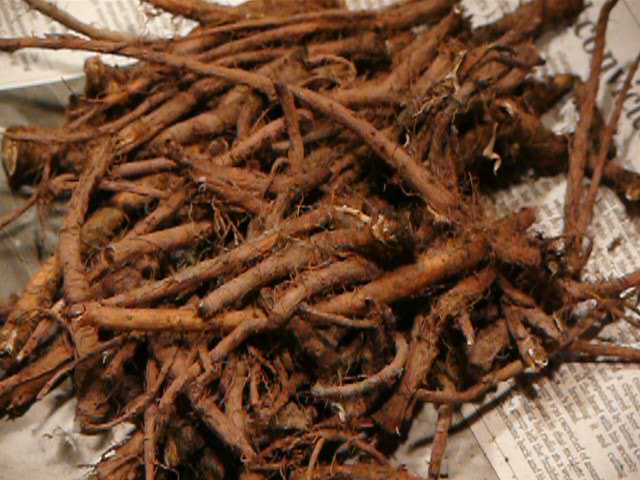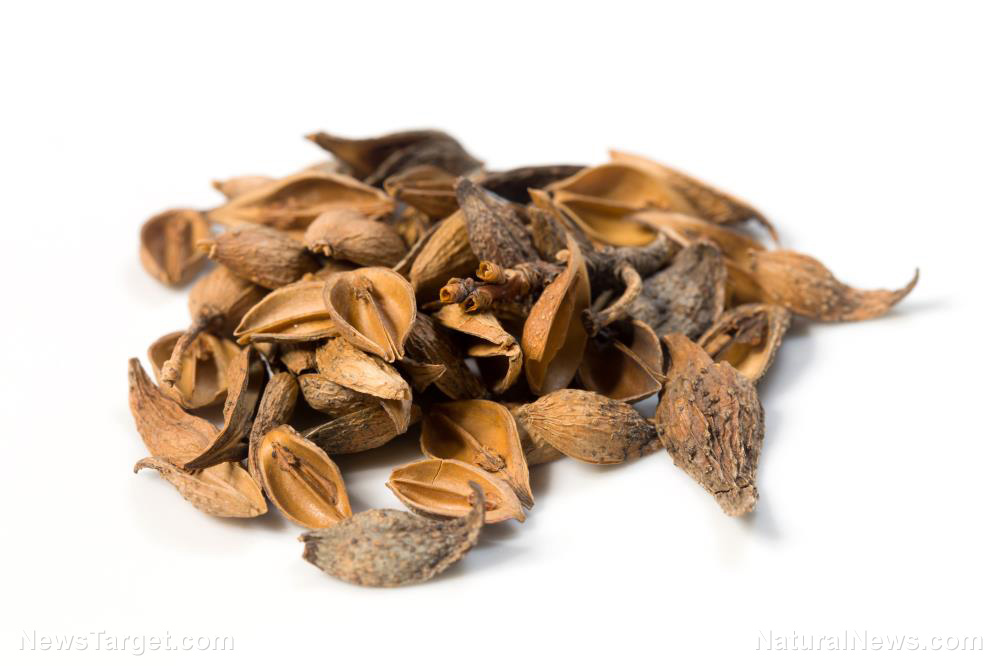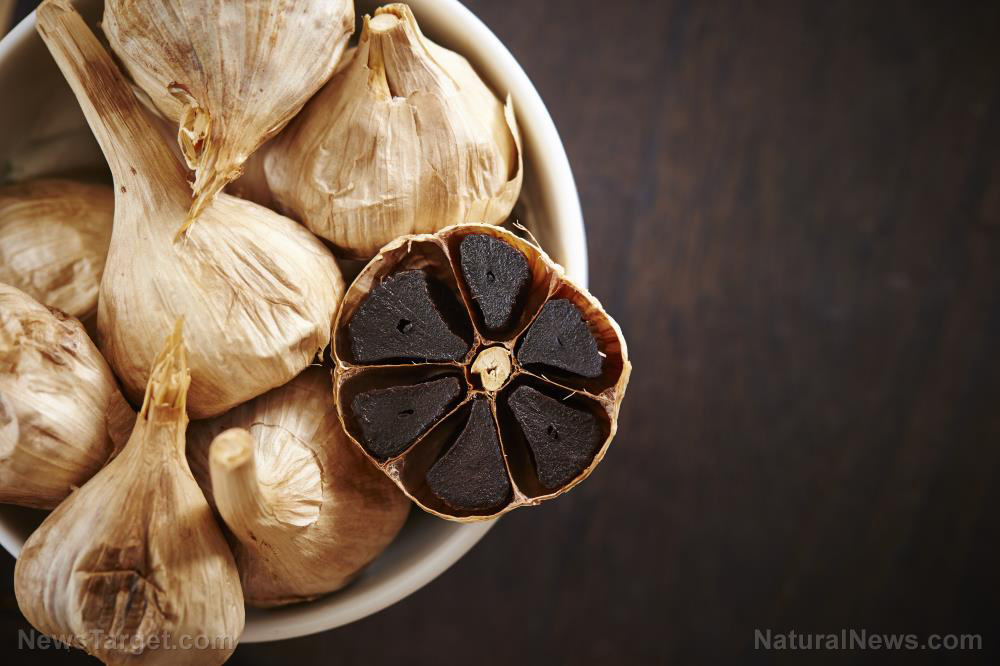Extracts from Zanthoxylum armatum demonstrate cytotoxic activity on human breast and colorectal cancer cells
07/09/2019 / By Ralph Flores

In this study, researchers from COMSATS Institute of Information Technology in Pakistan and the Queen Mary University of London demonstrated the anti-cancer potential of Zanthoxylum armatum (winged prickly ash) using multiple in vitro assays.
- Z. armatum is used in traditional medicine for its antimicrobial, cytotoxic, and larvicidal properties.
- To determine its anti-cancer activity, the researchers used methanol extracts and crude saponins from the fruit, bark, and leaves of Z. armatum and tested these on breast (MDA-MB-468 and MCF-7) and colorectal (Caco-2) cancer cell lines. They then assessed these using MTT, neutral red uptake (NRU), and DAPI stain assays.
- The results of the MTT assay revealed that the methanol extracts from Z. armatum fruit, bark, and leaves have dose-dependent anti-cancer activity. They inhibited the growth of MCF-7, MDA MB-468, and Caco-2 cancer cell lines at doses of 200 micrograms per milliliter (mcg/mL) or higher.
- Z. armatum saponins also showed anti-cancer activity, mainly against MDA MB-468.
- Further testing using the NRU assay found that the Z. armatum fruit extract had greater cytotoxicity than Z. armatum bark and leaf extracts.
- Breast cancer cell lines, on the other hand, were more sensitive to crude saponins from Z. armatum fruit and bark.
In sum, the extract and crude saponins from Z. armatum — in particular, its fruit — are potentially cytotoxic to cancer cell lines.
Read the full study at this link.
Journal Reference:
Alam F, Saqib QNU, Waheed A. CYTOTOXIC ACTIVITY OF EXTRACTS AND CRUDE SAPONINS FROM ZANTHOXYLUM ARMATUM DC. AGAINST HUMAN BREAST (MCF-7, MDA-MB-468) AND COLORECTAL (CACO-2) CANCER CELL LINES. BMC Complementary and Alternative Medicine. 17 July 2017;17(1). DOI:10.1186/s12906-017-1882-1
Tagged Under: alternative medicine, anticancer, Antimicrobial, apoptosis, breast cancer, cancer cures, cancer treatment, Colorectal Cancer, Cytotoxicity, disease treatments, herbal medicine, Herbs, medicinal plants, natural cures, natural medicine, prevention, research, saponins, traditional medicine, Zanthoxylum armatum
RECENT NEWS & ARTICLES
COPYRIGHT © 2017 PREVENT CANCER NEWS


